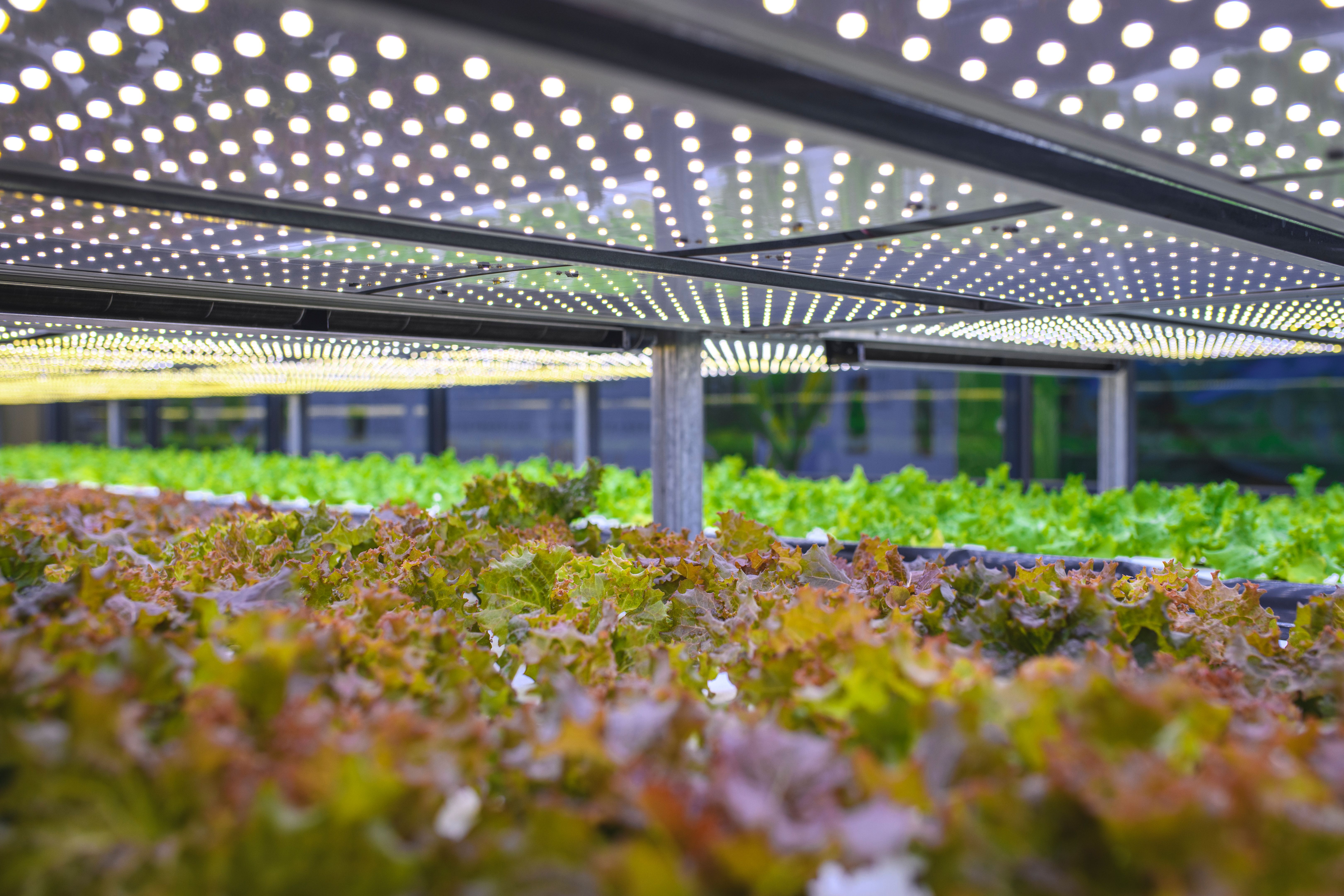Boosting Agriculture: Nigeria's Green Cold Chain Strategy and Its Impact
Introduction to Nigeria's Green Cold Chain Strategy
Nigeria, a country with vast agricultural potential, is taking significant steps to bolster its agricultural sector through the implementation of a green cold chain strategy. This innovative approach aims to reduce post-harvest losses, improve food security, and enhance the overall efficiency of food supply chains. By integrating environmentally friendly practices into cold storage and transportation, Nigeria is setting a precedent for sustainable agricultural development.

The Need for a Green Cold Chain
One of the major challenges faced by Nigerian farmers is the high rate of post-harvest losses, which are estimated to be as high as 40%. These losses occur due to inadequate storage facilities and poor transportation infrastructure. The introduction of a green cold chain strategy seeks to address these issues by providing reliable cold storage solutions and efficient logistics. This not only preserves the quality of produce but also extends its shelf life, allowing farmers to access broader markets and reduce food wastage.
Implementing a green cold chain is not just about improving storage; it is also about embracing sustainable practices. By utilizing renewable energy sources like solar power for cooling systems, the strategy aims to minimize the carbon footprint associated with traditional cold chain operations. This environmentally conscious approach aligns with global efforts to combat climate change while ensuring that agricultural growth does not come at the expense of the environment.
Economic Benefits and Market Access
The economic impact of a successful green cold chain strategy is substantial. By reducing post-harvest losses, farmers can increase their income and invest more in their operations. The ability to store produce for longer periods means that farmers are less pressured to sell immediately after harvest, which often results in lower prices due to market saturation. Instead, they can time their sales to coincide with periods of higher demand, maximizing their profits.

Moreover, improved storage and transportation open up new market opportunities, both domestically and internationally. Nigerian produce can reach urban centers in better condition, meeting quality standards that are often required by large retailers and export markets. This enhanced market access not only benefits farmers but also contributes to the overall growth of the agricultural sector.
Technological Innovations and Infrastructure Development
The success of Nigeria's green cold chain strategy relies heavily on technological innovations and infrastructure development. Investments in modern cooling technologies, such as energy-efficient refrigeration units and insulated transport vehicles, are crucial components. Additionally, the expansion of road networks and the development of centralized storage hubs are essential for an effective distribution network.
Collaboration between the public and private sectors is vital for driving these advancements. Government incentives and policies that encourage investment in green technologies can catalyze private sector involvement, leading to more widespread adoption of sustainable practices across the country.

Challenges and Future Outlook
Despite the promising benefits, several challenges must be addressed to fully realize the potential of Nigeria's green cold chain strategy. The initial cost of implementing renewable energy solutions and modern storage facilities can be prohibitive for many smallholder farmers. Access to financing and technical support is crucial for overcoming these barriers.
Looking ahead, continued investment in education and training will be essential to equip farmers and logistics providers with the skills needed to operate and maintain these advanced systems. As more stakeholders recognize the value of sustainable practices, it is anticipated that Nigeria's green cold chain will become a model for other developing nations aiming to enhance their agricultural sectors sustainably.
